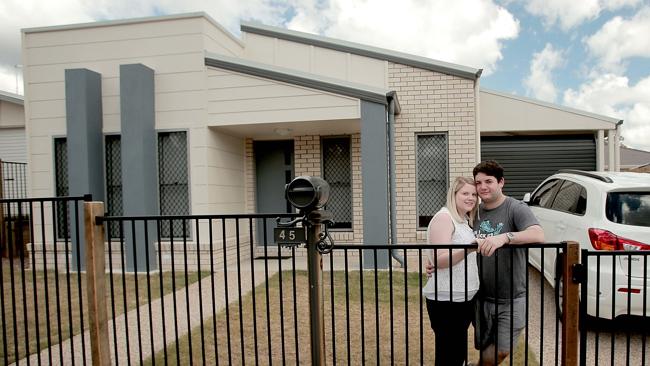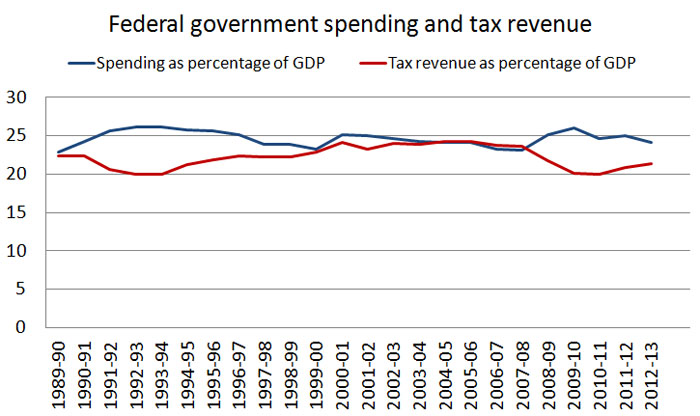- Banned
- #76
Quick pain, or the slow strangle followed by a brutal end.I would suggest that this is quite the understatement.
Real estate values dip in Australia and our entire financial system collapses.
Yes. Our entire financial system collapses.
Banks in Australia are choking the supply of capital to small and medium businesses because of how lucrative the housing market remains.
Government policy continues to make the housing market such a low risk, high return market, surprisingly even more so post GFC (market consolidation, government backing and aversion to allowing foreign competition), that liquidity made available for commercial loans is beyond scarce. I think more than anything, this has stifled the diversification of the Australian economy, is holding back innovation and is driving foreign ownership. Businesses just can't survive without the flow of capital foreign buyouts bring.






